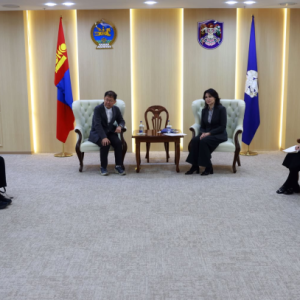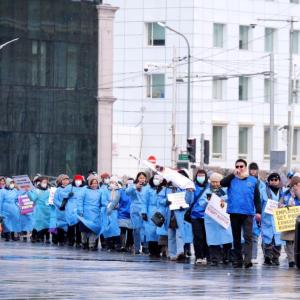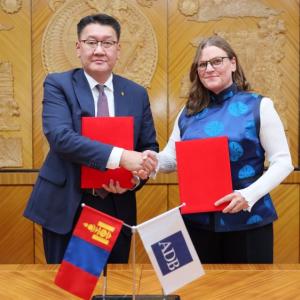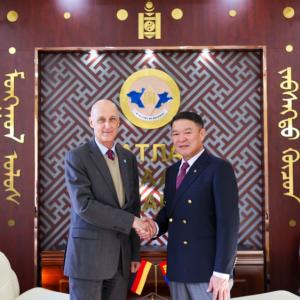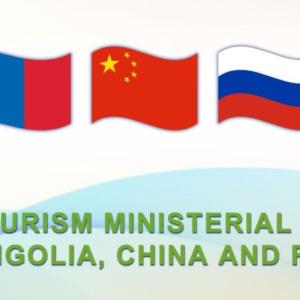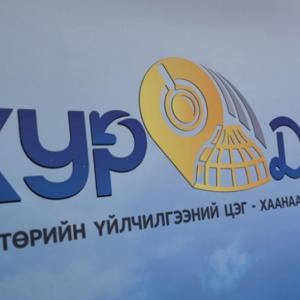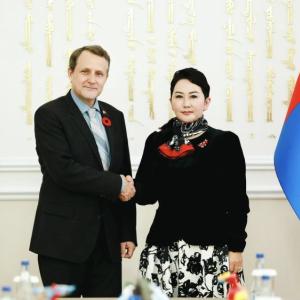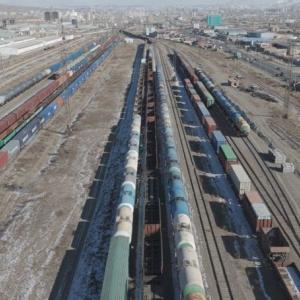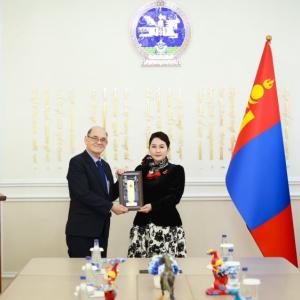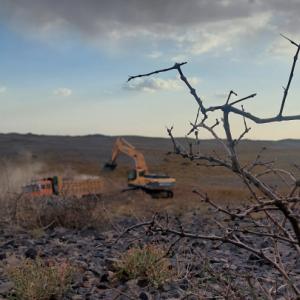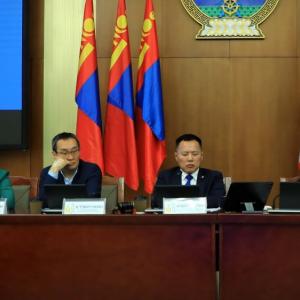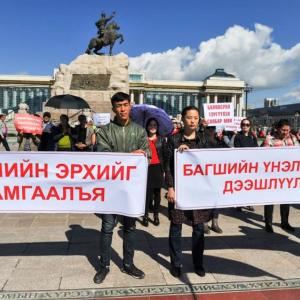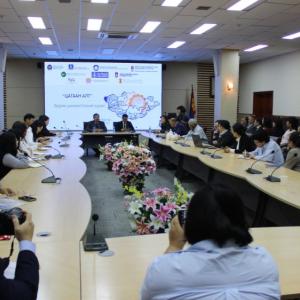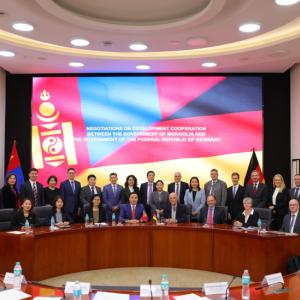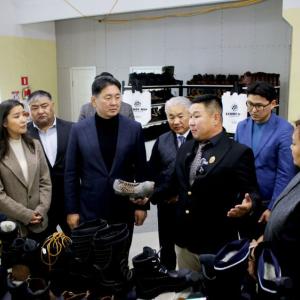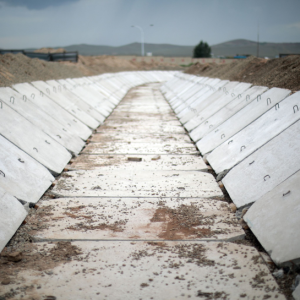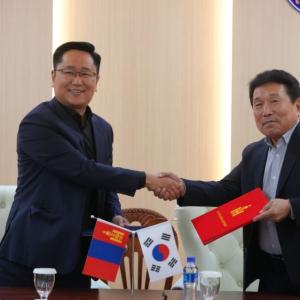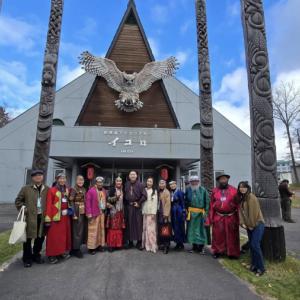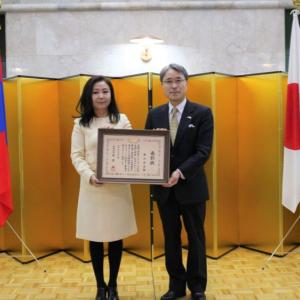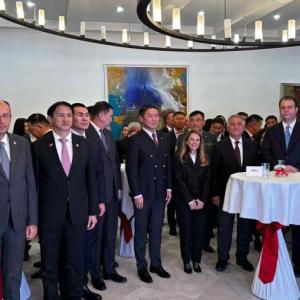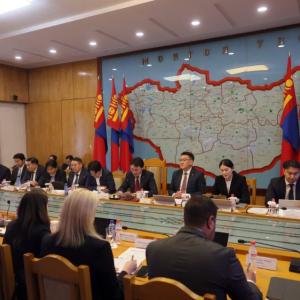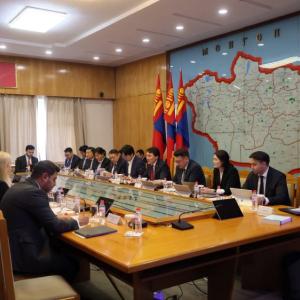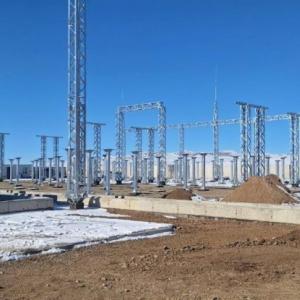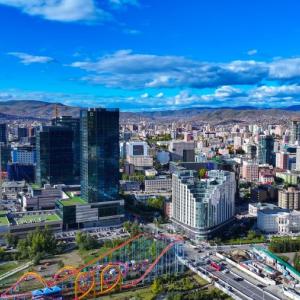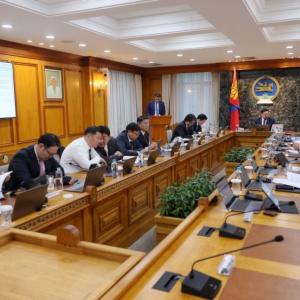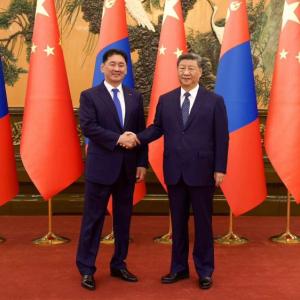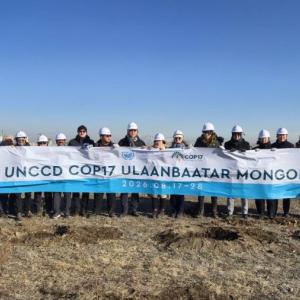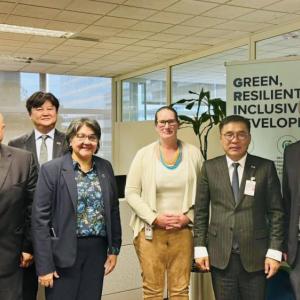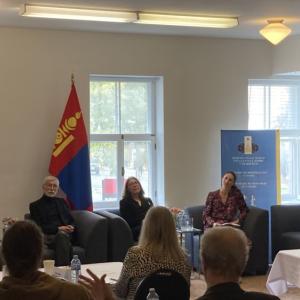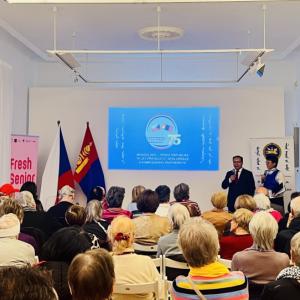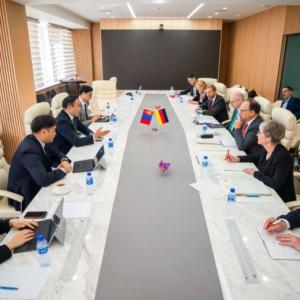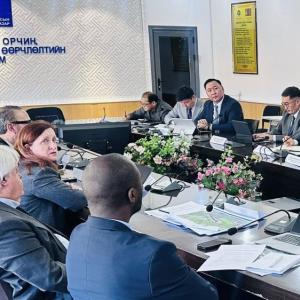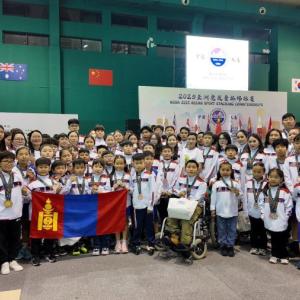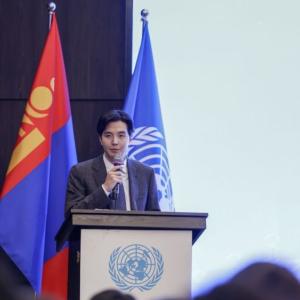Documents on Relations and Cooperation Signed between Mongolia and Russia
Politics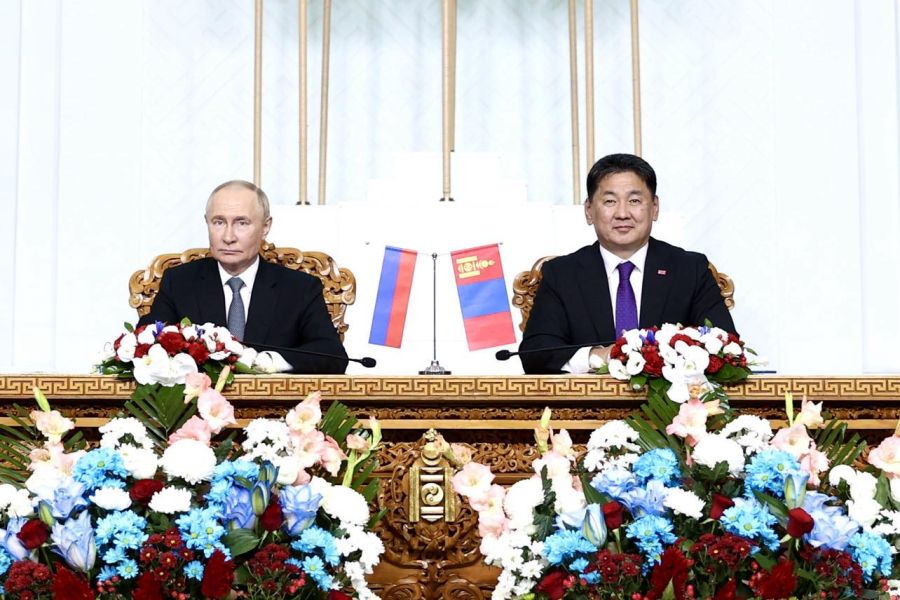
Ulaanbaatar, September 3, 2024 /MONTSAME/. The official visit of President of the Russian Federation Vladimir Vladimirovich Putin to Mongolia is ongoing. During the official visit, the following cooperation documents were signed.
1. Minister of Energy of Mongolia Choijilsuren Battogtokh and Minister of Energy of the Russian Federation Sergey Yevgenyevich Tsivilyov signed an Agreement between the Government of Mongolia and the Government of the Russian Federation on the Development of the Design for the Expansion and Renovation of the Third Thermal Power Station in Ulaanbaatar City of Mongolia.
Under the Agreement, engineering surveys will be conducted and the design will be developed for expanding the high-pressure unit of the Third Thermal Power Plant with a new 50mW unit and building a new 250mW unit, demolishing the 48mW medium-pressure unit. The Third Thermal Power Plant of Ulaanbaatar City supplies 32 percent of the heat demand of Ulaanbaatar city.
This will enable the parties to accurately
calculate the total cost of the project and the duration of construction and will create a condition to establish the next stage agreements.

2. Minister of Industry and Mineral Resource of Mongolia Tuvaan Tsevegdorj and Minister of Energy of the Russian Federation Sergey Yevgenyevich Tsivilyov signed an Agreement between the Government of Mongolia and the Government of the Russian Federation on Cooperation in the Supply of Oil and Petroleum Products.
The Agreement enables a consistent and unobstructed supply of oil and petroleum products from Russia to Mongolia and the cooperation between Mongolia and the Russian Federation in the petroleum sector to deepen. Mongolia provides its petroleum demand with 100 percent import, particularly around 95 percent from Russia. Due to the conditions in its domestic oil market, the Russian Federation imposed restrictions on petroleum exports in 2023. However, countries with established cooperation agreements on the trade of oil products and member states of the Eurasian Economic Union were exempted from these restrictions.

3. Minister of Industry and Mineral Resources of Mongolia Tuvaan Tsevegdorj and Minister of Energy of the Russian Federation Sergey Yevgenyevich Tsivilyov signed an Agreement between the Government of Mongolia and the Government of the Russian Federation on the Supply of Aviation Fuel to Mongolia.
The Agreement will increase the supply of low-cost, internationally compliant fuel to the new airport in Ulaanbaatar city and provide a crucial impetus to ensuring a stable fuel supply for Mongolia's airliners.
4. Minister of Environment and Climate Change of Mongolia Odontuya Saldan and Minister of Natural Resources and Environment of the Russian Federation Alexander Kozlov signed a Memorandum of Understanding between the Ministry of Environment and Climate Change of Mongolia and the Ministry of Natural Resources and Environment of the Russian Federation on Cooperation in the Conservation of Lake Baikal and Selenge River.
In conjunction with the establishment of the Eg Hydro Power Plant in Mongolia, the two sides conducted a joint environmental assessment, intensified the work between the Governments of the two countries, and reached a joint solution.
The two countries will pay the utmost attention to the prevention of natural disasters, which are becoming more frequent due to global warming, and the implementation of climate change adaptation measures.

Recognizing the significant contribution of conserving Lake Baikal and Selenge River to the global environment, the two countries will translate years of talks and negotiations into a reality by ensuring the proper use of water resources, regulating flow, and developing renewable energy. The two sides agreed to develop a roadmap and action plan for cooperation in this area.
5. Minister of Health of Mongolia Munkhsaikhan Togtmol and Head of the Federal Service for the Oversight of Consumer Protection and Welfare Anna Popova signed an Agreement on Cooperation in the Epidemiology of Marmot Plague between the Ministry of Health of Mongolia and the Federal Service for the Oversight of Consumer Protection and Welfare of the Russian Federation.
The parties concluded a cooperation agreement
in 2018 and collaborated in the prevention and control of zoonotic diseases
in the border areas of the two countries.
The renewed Agreement provides a wide opportunity for joint surveillance, research, information exchange, training of Mongolian experts in epidemiology and bacteriology, joint academic work, and urgent response in case of emergency.

After the signing of the cooperation
documents, President of
Mongolia Khurelsukh Ukhnaa and President of the Russian Federation Vladimir Putin
held a press briefing on the outcomes of the official
talks.
 Ulaanbaatar
Ulaanbaatar







